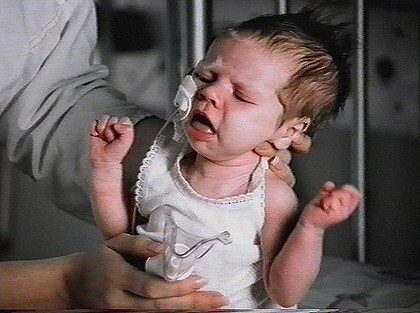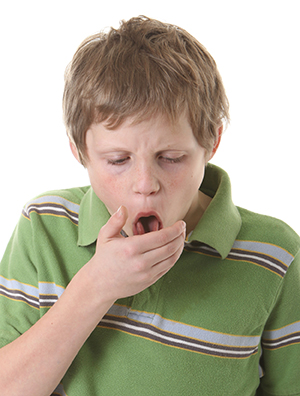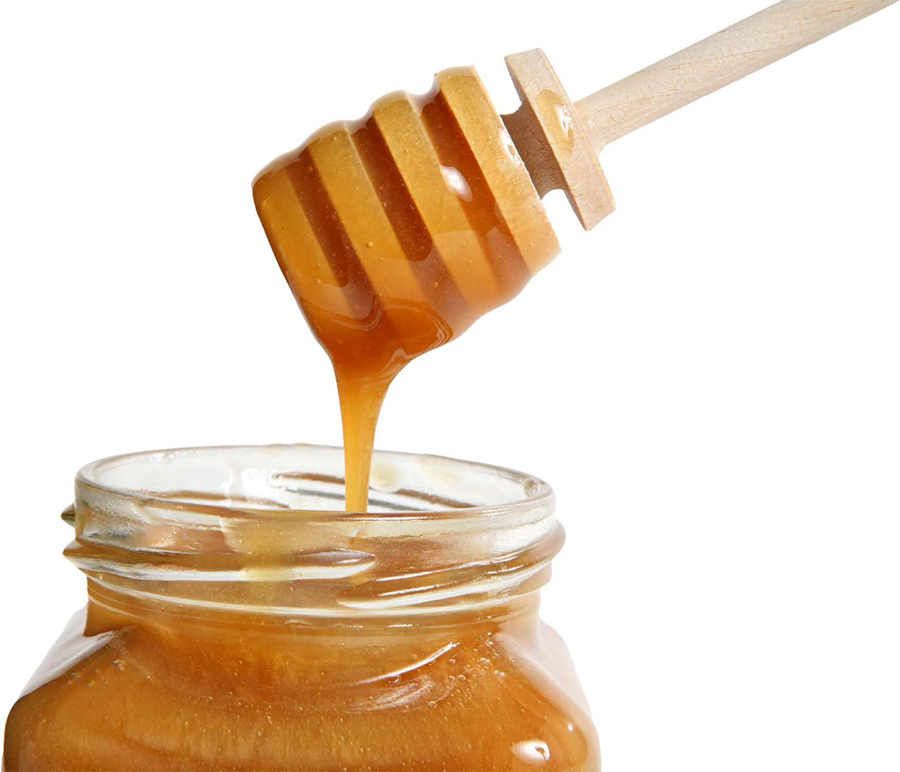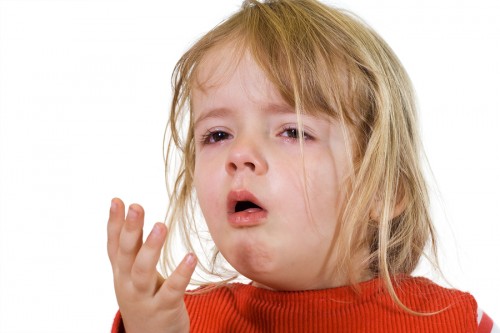Treating Cough in Infants, Children and Teens
A cough is a marvelous mechanism designed to protect the lower respiratory tract from inhalation of food or foreign matter.
It is also the prime mechanism for clearing secretions out of the lungs when the natural ciliary function is compromised by acute or chronic infections.
An episodic cough, like a sneeze, is usually mechanical or reflexive in nature and clears foreign substances out of the breathing passages. A more prolonged cough, on the other hand, is nearly always due to an illness and that, nearly always, is a “cold” cause by a virus – nearly always.
A cough may reach speeds of up to hundreds of miles an hour which makes it very effective in doing its job clearing of the airway.
Most colds and other upper respiratory infections in children produce a certain amount of coughing which most parents eventually come to accept can last from two to four weeks. There are even some occasional virally induced coughs which can persist for four, to six or even up to twelve weeks.
And, on occasion, a child will have two or three colds in rapid succession which makes it seem as though the child has had one long cough for several months.
Chronic cough is one that has been described as greater than two to four weeks of duration and frequently means that "something else" besides a cold is inflicting the child.
For purposes of describing the causes of a pediatric-aged chronic cough, children are divided into three age groups: infancy, preschool and adolescence.
 Causes of chronic cough in Infancy. Aspiration of foreign materials is common, either food or small objects and the diseases Whooping Cough and Chlamydia trachomatis are two particularly worrisome infectious causes.
Causes of chronic cough in Infancy. Aspiration of foreign materials is common, either food or small objects and the diseases Whooping Cough and Chlamydia trachomatis are two particularly worrisome infectious causes.
Cystic fibrosis and congenital heart disease as well as pneumonia (viral and bacterial) are not uncommon causes in infancy.
However, probably the very most frequent causes of coughing in infants are: passive smoking (of parents or caretakers) and wood-burning stoves.
Frequent causes of chronic cough in preschool-aged children are: foreign body aspiration, asthma, cystic fibrosis and pneumonia.
 And in adolescents the physician will want to differentiate between asthma, cystic fibrosis, smoking, pneumonia (viral, mycoplasma, or bacterial), and nervousness.
And in adolescents the physician will want to differentiate between asthma, cystic fibrosis, smoking, pneumonia (viral, mycoplasma, or bacterial), and nervousness.
If you feel your child has a cough which has lasted longer than usual for a viral illness (one to three weeks) he should be checked by his pediatrician for one of the above mentioned problems.
The evaluation may end with a physical examination, but also may include blood counts, immunoglobulin (immunity) measurements, x-rays, tuberculosis tests, allergy tests or other specific examinations.
If there is a possibility of a foreign body aspiration, surgical bronchoscopy may need to be performed.
Treatment of a chronic cough should be directed towards a specific cause. Bronchoscopy for asthma, antibiotics for bacterial infections, and supportive treatment and time for viral infections.
They teach in medical school that water is the best cough syrup. This is because hydrating the child with fluids tends to loosen the secretions so that they can be readily coughed up.
Mist tents have been advocated in the past as a means of loosening secretions, and have been found helpful in some cases but ineffective in others.
Decongestants help the runny nose aspect of colds; and expectorants are chemical agents which increase the sputum volume by making them thinner.
Chest percussion and postural drainage can be done at home to aid in the secretion clearing.
 The child can also be given a "treatment" by breathing in the mist from a cool mist vaporizer followed by being placed over the parents lap and gently but firmly "cupped" by striking the back and chest with the cupped hand.
The child can also be given a "treatment" by breathing in the mist from a cool mist vaporizer followed by being placed over the parents lap and gently but firmly "cupped" by striking the back and chest with the cupped hand.
Cough suppressants and sedatives are frequently used to treat chronic cough, but these drugs only obscure symptoms and interfere with the normal protective mechanisms of the lungs. Now days they are rarely, if ever, used. And remember, I’ve posted previously about honey being more effective against coughs in children than cough syrup.
Mucus, which remains in the lung because the cough has been suppressed, runs a high risk of causing even more significant problems in the lungs.
The American Academy of Pediatrics has published "recommendations on the use of cough suppressants in children" stating, "symptomatic treatment may mask serious underlying disease and may be hazardous particularly in infants whose small airways can be easily plugged with tenacious mucus. Patients with chronic pulmonary disease who produce excessive and thickened secretions are at high risk for this potentially fatal effect of cough suppressants!
Cough is a reflex, which gives protections to the lungs form aspiration and disease, and should be considered a symptom rather than the problem itself.
In infants, a cough indicates pulmonary problems and should be evaluated.
In older children and adolescents, coughs may be a sign of other problems.
Advertisement by Google
(sorry, only few pages have ads)

